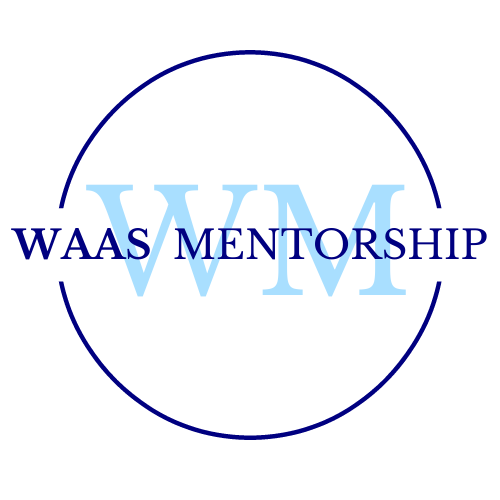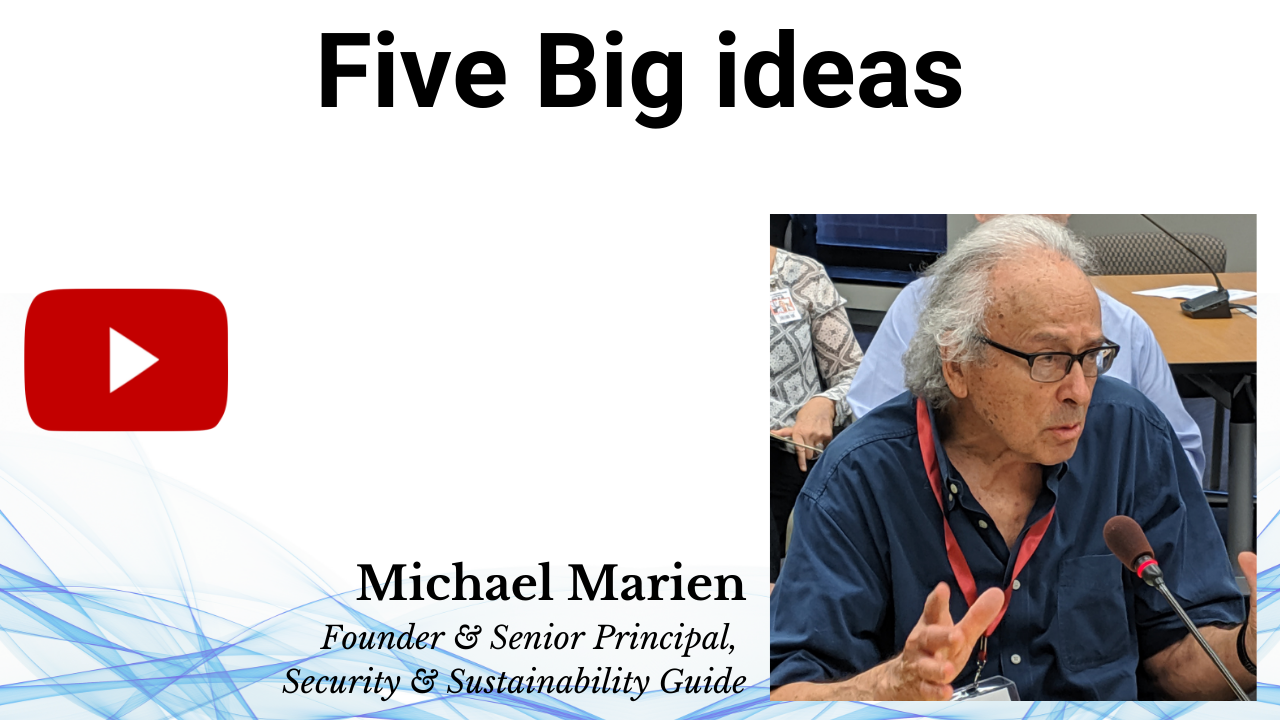
WAAS Mentors: Five Big Ideas to Transform Outdated Thinking and Action
Webinar #3 on July 16, 2021
We are in the 21st Century of Existential Risk, most immediately the COVID-19 pandemicThe tentative Big Five that youth can and should embrace:
- In addition to a VUCA world, we live in a world of infoglut – too many people talking and writing in too many ways
- Other than the pandemic, climate change is the biggest threat but tied to biodiversity and 7 other planetary boundaries
- Capitalism is greening, as more companies have started embracing the triple bottom line and ESG concerns and thus abandoning old right-left ideas
- More collective thinking and action is necessary, not only among generalists but scores of specialist groups concerned with energy, water, forests, oceans, human security, cybersecurity, etc. More than 100 alliances are in the SSG, but more are needed.
Michael Marien is the Founder and Senior Principal of the Security & Sustainability Guide (www.securesustain.org). Since 2013, he has written abstracts of >2,000 organizations and four indexes. His research interests include Security & Sustainability organizations (mostly NGOs) and their online reports, COVID-19, transformation, assembling policy-relevant information, general futures, global politics, climate change.
Agenda:
Speaker: Michael Marien
Moderator: Marta Neskovic
Discusssants: WAAS Junior Fellows, Robert Horn, Thomas Reuter, Security and Sustainability Guide team
The discussion that followed Michael Marien’s elaboration on the most important problems the youth ought to take into account in any consideration of possible contribution to a viable future society brought forward the following issues.
- Values and precision. The values on which the youth base collective action need to be precise and transparent. For this sake, interdisciplinary discussions require more precision in use of specific vocabulary (globalization, green economy, sustainability, etc.).

- Information management. The effort to understand our social world as an ever-expanding system and to embody what it means to be a planetary citizen is already an act of leadership – through scholarship. Even though there is a great amount of information generally available, the skills of organizing and applying this information are not widely distributed. In order for the information to serve as an orienteer for different organizations, it needs to be systemized in accordance to particular issues. The Security and Sustainability Guide is one of the examples of concentrated effort undertaken to describe and systematize organized actions for a more sustainable world.
- Understanding the limits of our approach. Every approach has its limits. In conceptualizing the approach to sustainability, we ought to be aware of the difference between territory and map (reference to anthropologist Gregory Bateson). Information management can be understood as a mapping exercise. Map-making can point out to potential for collective and transformative action that is already there in society. It can make visible different people and different organizations working on the same global issues and thus facilitate cooperation and coordination. However, we should be aware that the increasing specialization, interdependence, and differentiation that develop in the contemporary society in turn require more organization and hierarchy. Information management usually includes clustering, abstraction, and simplification, in other words, it does not reproduce the reality with its complex “organic” interactions.
- Innovative and adaptive education. Sustainability is not part of any curriculum of general education. Current education is only reproducing the citizens who reproduce the same institutional system. Society needs dynamical adapting of the programs and teaching approaches that correspond to current and future social needs. Education should provide tools to understand the VUCA world and provide knowledge and skills for innovative leadership, in other words, adequate and adaptive education with more experiential knowledge.
- Intra-operational cooperation between active individuals and organizations devoted to contribute to a more sustainable world. Solving global issues relies both on the awareness and knowledge of the whole population, but most importantly, on a limited number of individuals who have the possibility to make the necessary changes – both locally and globally. Great changes, even on the institutional level, can start by cooperation between individuals with diverse skills but the same vision. Establishing small working groups to address particular issues is one of the possible ways to start institutional changes. For the youth leaders, it is important to find out what is adequate, what works well, and how to institute that.
